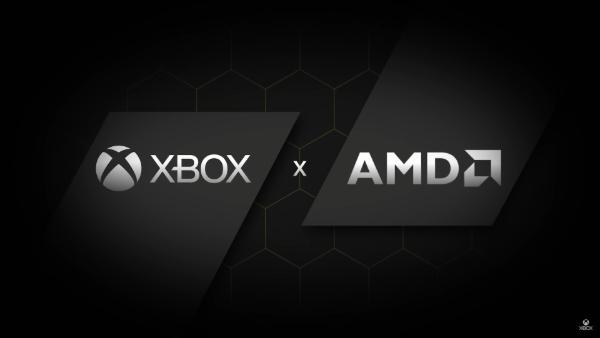Microsoft and AMD Join Forces for Next-Gen Xbox
Microsoft has officially confirmed a multi-year collaboration with AMD to power its next-generation Xbox consoles. The landmark partnership marks a pivotal shift in the gaming industry by promising stronger hardware performance and a more open ecosystem for players across the globe. Xbox president Sarah Bond announced the deal in a YouTube video, emphasizing Microsoft’s commitment to innovation and gamer choice.
New Chips, New Possibilities: What’s Coming for Gamers
The deal entails co-designing custom processors that will fuel both home and portable Xbox devices. Building on AMD’s long-standing role in Xbox hardware development, the partnership is expected to bring significant upgrades in graphics rendering, resolution, and performance speed.
“We’re creating a new generation of Xbox hardware that’s not locked to a single store and supports full cross-platform experiences,” said Bond in the announcement video.
Seamless Compatibility and High-Performance Gaming
- Next-gen Xbox devices will feature upgraded AMD chips with AI capabilities for smarter gaming experiences.
- High-resolution support and faster load times expected to become standard.
- Backward compatibility with the current Xbox game library ensures a smooth transition for existing players.
This move guarantees that current titles won’t become obsolete, making it easier for gamers to adapt to newer systems without losing their investments in games and accessories.
Expanding the Xbox Ecosystem Beyond Consoles
In a notable shift, Microsoft confirmed that the Xbox experience will span a range of devices including PCs and handhelds, not just the traditional home console. This plays into the strategy of making gaming more accessible and mobile, effectively widening the brand’s reach to different types of gamers.
Furthermore, users will be able to access their games across platforms, enabling seamless cross-platform play. Whether you’re playing on your console, desktop, or portable device, the experience will remain unified.
Open App Stores on Xbox: A Digital Revolution
Perhaps the most disruptive element of this announcement is Microsoft’s commitment to open digital stores. According to Bond, the new Xbox system will not be “locked to a single store,” allowing users to access platforms like Steam and Epic Games directly via their console.
This development not only breaks the traditional closed console ecosystem but also invites more competition in digital game distribution. If implemented, it could allow players to tap into broader game libraries and improve pricing and availability. It’s a direct leap toward what many see as the future of gaming – platform-agnostic and freedom-first.
Industry Reactions and What This Means Going Forward
The gaming community has met the announcement with excitement, especially given the implications for cross-platform play and open digital stores. Analysts suggest that this move solidifies Microsoft’s attempt to position Xbox as a service-oriented platform rather than just a hardware brand.
Meanwhile, AMD continues to expand its footprint in gaming hardware, reinforcing its market dominance. With Xbox and AMD working in tandem, the industry could see a new gold standard in console performance and ecosystem flexibility.
Gaming journalist Laura Benson wrote on X (formerly Twitter), “If Microsoft allows Steam natively on the next Xbox, we are looking at the most flexible gaming platform ever built.”
A Strategic Play in the Ongoing Console Wars
Microsoft’s decision to not only evolve its hardware but also expand its software infrastructure directly challenges competitors such as Sony and Nintendo, who continue to operate within closed ecosystems. This could change consumer expectations moving forward and possibly affect how console manufacturers approach future development cycles.
The cross-play and open-store capabilities are especially appealing in a market increasingly focused on flexibility, community, and choice – values highly prized by today’s gamers.
When Will Players See the New Xbox?
Microsoft has not yet released a specific timeframe for the launch of these new-generation devices. However, industry insiders anticipate an announcement or reveal within the next 12 to 18 months. Given the scale of the hardware development and software engineering involved, gamers can likely expect a rollout closer to late 2025 or early 2026.
The Bottom Line: Player Choice at the Core
The new AMD-Microsoft collaboration signals far more than just hardware updates – it represents an ideological shift in the gaming industry. With an emphasis on open platforms, backward compatibility, and cross-device experiences, Microsoft is prioritizing flexibility and player empowerment.
With this ambitious plan, Xbox is not just building a next-generation console; it’s aiming to redefine what next-gen truly means in today’s interconnected gaming world.

